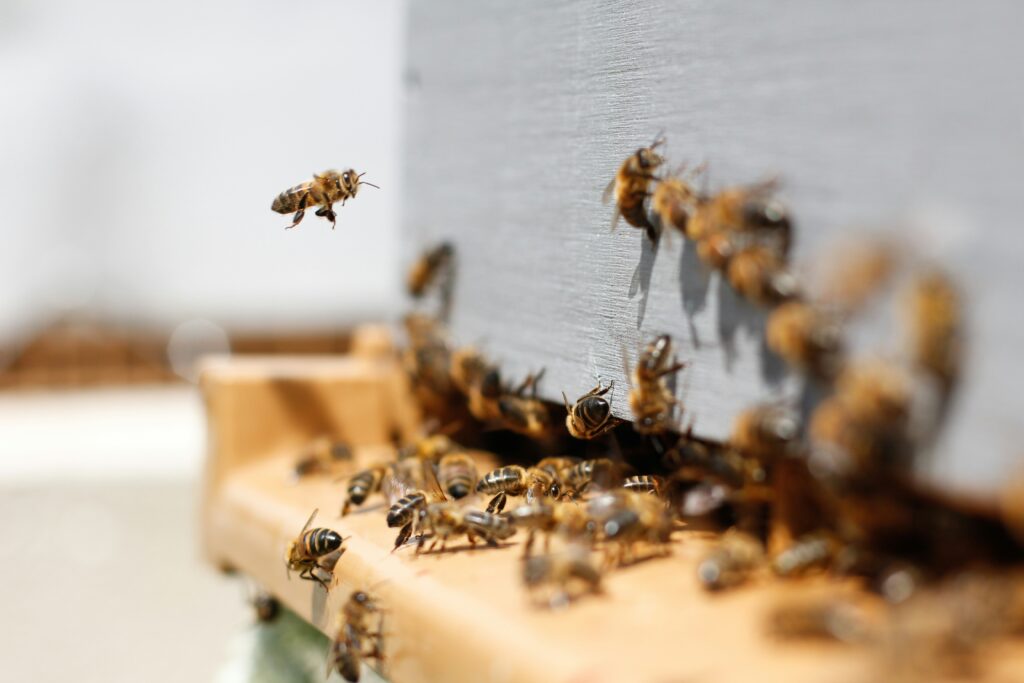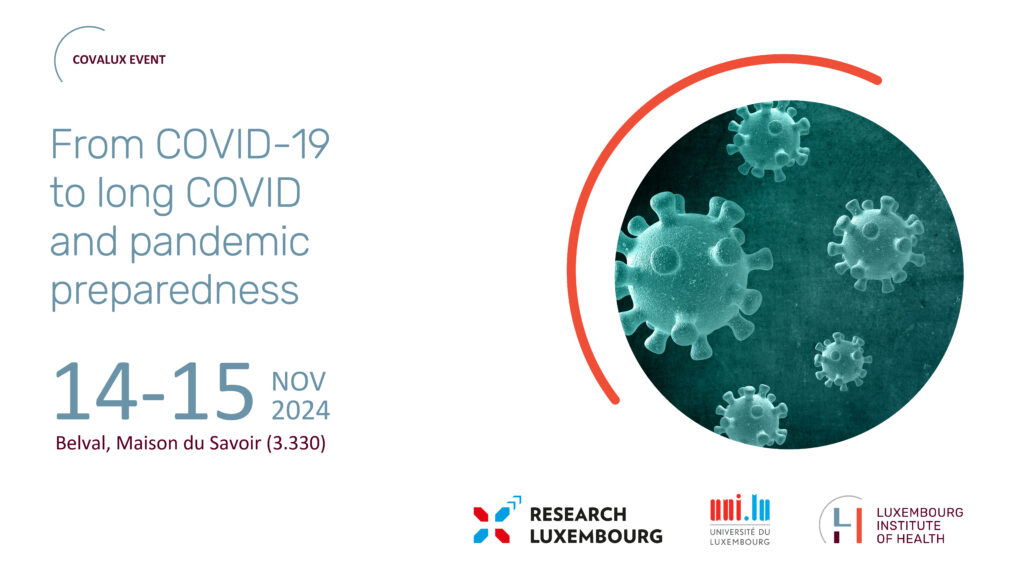News
Understanding the impact of dietary fibres on the gut microbiome

Pelican Grant awarded to LIH PhD candidate
On February 9th, Erica Grant, doctoral candidate within the Eco-Immunology and Microbiome group of the LIH Department of Infection and Immunity (DII), was awarded the 2020 Pelican Grant by the Fondation du Pélican de Mie et Pierre Hippert-Faber. The grant will support her training and mobility activities in the context of her research project on the gut microbiome.
The gut microbiome, i.e. the diverse community of trillions of microorganisms naturally present in the gastro-intestinal tract, plays a key role in a variety of biological processes related to human health, from immunity and metabolism to neurobehavioural traits. Specifically, gut bacteria can degrade host-indigestible substrates such as dietary fibres and turn them into short-chain fatty acids. These have a protective effect, acting as the main energy source for colonic cells, supporting mucus production, modulating the immune system and being able to induce apoptosis of colon cancer cells. Conversely, insufficient levels of dietary fibres have been shown to result in the proliferation of bacteria that degrade the mucus layer of the colon, thereby enhancing the gut’s susceptibility to external pathogens.
Through the project “Gut microbiota-mediated impacts of dietary fibre deprivation in gnotobiotic mice and healthy humans”, Erica Grant will use a specific gnotobiotic mouse model to investigate the effects of fibre deprivation on the early stages of microbial colonisation in the gut and the ensuing impact on immune development. Her project will be tightly associated with “LUXFICO”, the Luxembourgish Fiber Cohort launched in February 2021, which will seek to translate the research findings from mice to humans. As part of the study, healthy participants will be randomly assigned to a controlled diet intervention that is low or high in fibre. Following a washout period to reverse any compositional changes, participants will switch to a second diet type either rich or poor in fibre. Questionnaires, as well as blood and stool samples, will be collected for immunological assays and for sequencing and functional profiling of bacterial communities. The aim of these research efforts is to assess whether low fibre intake is correlated with an increased activity of bacterial mucolytic enzymes. Ultimately, the overarching goal is to shed light on the consequences of a low fibre diet and evaluate whether increased consumption of dietary fibre might prevent Inflammatory Bowel Disease (IBD) or other diseases linked to intestinal inflammation in humans.
In this context, the 2020 Pelican Grant, amounting to EUR 7,050, will allow Erica to acquire invaluable skills for the purpose of her project, by supporting her stay abroad and participation in a series of relevant training courses and meetings. Specifically, the grant will cover Erica’s research stay in Dr Mani Arumugam’s lab at the University of Copenhagen (Denmark), as well as the expenses incurred when attending the training programmes “Strategies and Techniques for Analyzing Microbial Population Structures (STAMPS)” at the Marine Biological Laboratory (MBL) in Woods Hole (USA) and “Skills for Health And Research Professionals (SHARP)” at Columbia University Mailman School of Public Health in New York City, (USA). Moreover, the award will enable Erica to participate in the “Microbiome Keystone Symposium”, typically held in the USA or Canada.
I am very grateful to the Fondation du Pélican for their trust in my project and for investing in the potential of young researchers like myself. I look forward to the stimulating discussions and exchanges that the Pelican Grant will allow me to experience
says Erica.
The Fondation du Pélican has been awarding the annual Pelican Grant to a number of PhD candidates affiliated with the Doctoral Programme in Systems and Molecular Biomedicine of the Doctoral School in Science and Engineering (DSSE) at the University of Luxembourg since 2011. This grant is meant for expenses related to training and professional development and can be used for travel, accommodation and registration costs for conferences, workshops and courses, or to finance short-term stays abroad in the frame of research collaborations.
> FONDATION DU PELICAN
The Fondation du Pélican was established in 2010 by retired pharmacist Pierre Hippert and operates under the aegis of the Fondation de Luxembourg. It aims to provide long-term support in the fields of scientific and academic research, as well as in the areas of the arts and letters in the Grand Duchy. Specifically, the foundation contributes to the financing of biomedical research studies by providing scholarships or purchasing equipment.







